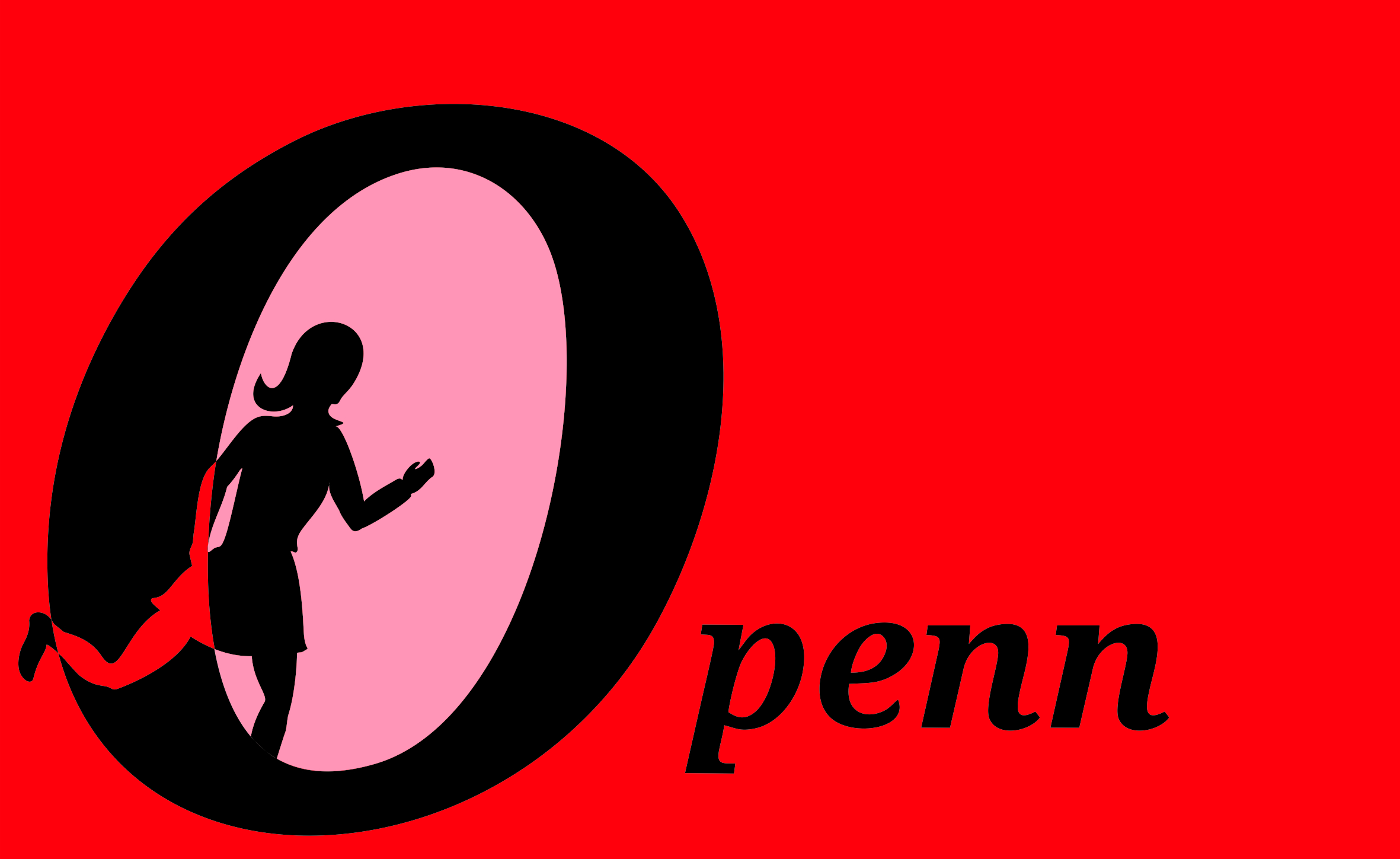Presentation of the project OPENN

The project Establishing political equality with new names (Osvojiti politično enakost z novimi imeni – OPENN), co-financed under the Norwegian Financial Mechanism 2009-2014, was also presented. The Peace Institute acts as Project Promoter with the Faculty of Arts (University of Ljubljana), Association of Municipalities and Towns of Slovenia, Women’s Lobby Slovenia, Metina lista institute and the Norwegian Association of Local and Regional Authorities acting as project partners. Usually women enter into politics at the local level; however, men still represent the majority of municipal councillors within a given local community. It’s the local structures where we can identify the obstacles and opportunities for women, and where we can reduce the stereotypes of the roles women and men are supposed to play. At the local level there is a lack of information and knowledge about gender equality policies and the opportunities brought about by equal representation of men and women. There is no national-level institution in Slovenia which would deal with the issue of gender (in)equality as well as with spreading knowledge and awareness-raising. There is no organisation which would explicitly deal with promoting women entering into politics. The institutional gender equality mechanisms are becoming weaker despite the fact that certain such mechanisms have been established already in the 1990s.
Based on conducting studies and research with target groups (women politicians, potential women candidates and political party “gatekeepers”) OPENN identifies the obstacles which hinder women in entering politics at the local and national level, and establishes support mechanisms, develops legislative proposals, and carries out awareness-raising activities targeting women and med, experts, “gatekeepers” and the general public. By organising public events and trainings, gaining wide publicity in the classic, expert and other media it establishes a better understanding of the advantages of women participation in politics. Based on the cooperation with the Norwegian Association of Local and Regional Authorities, which will help form a local services model, a network of local women politicians will be established along with a mentorship model and a support platform. The following will also serve as a form of support for women entering politics: a base of 100 potential women candidates to assume positions, interactive map of women political representatives in Slovenia, intervention of women opinion leader in classic media and social networks, and a video clip against the stereotypes of women in politics.




